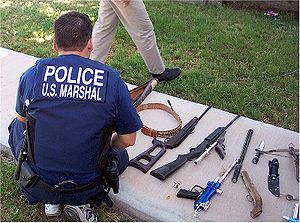
The heroine in one of my current works in progress is both fearful of and intimidated by a deputy U.S. marshal. The hero admonishes her to put her game face on.
The expression originated with athletes. They might assume neutral expressions to hide their real emotions. Or putting on a game face could mean adopting an intense, angry expression in an attempt to intimidate the opponent.
My heroine puts on her game face for two reasons. It helps her prepare mentally for the grueling interrogation she knows is coming and keeps the deputy from reading her weaknesses.
Putting on a game face is nothing more than acting or wearing a mask. It’s assuming the role of someone else better qualified to carry out the mission. Sometimes it’s hiding a hurt received so it’s possible to carry on. With a game face on, one can be confident and prepared for anything.
Sounds pretty good, right?

I have to admit I took my game face out and dusted it off recently when an old hurt I thought I’d dealt with came from nowhere and broadsided me. Apparently, showing weakness, except to our closest friends, is unacceptable even for me. Weakness is exploited in many cases. It’s pitied, bullied and positioned a rung below other more desirable qualities.
Do you have your game face on? Does the person standing next to you in church, at the supermarket or sitting next to you at the dinner table have his or her game face on? Wouldn’t you like to know why?

